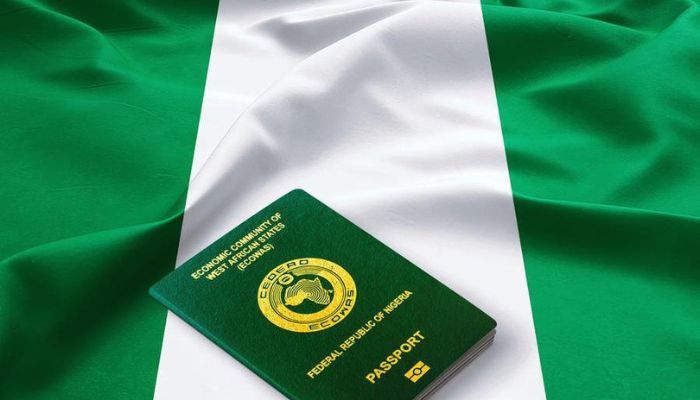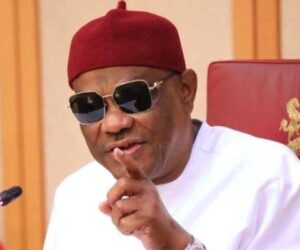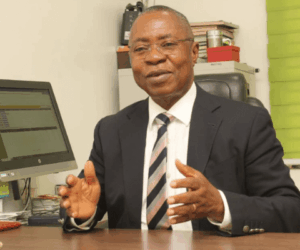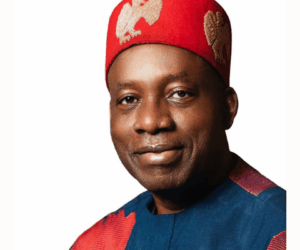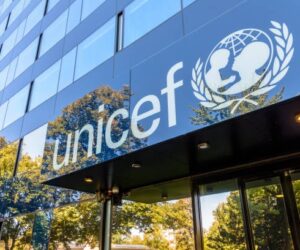On this matter, a public analyst put it bluntly: “The public sector is now charging the private sector’s money.” That is the stark reality facing Nigerians as the cost of securing a passport doubles overnight.
There are moments in the life of a nation when one decision reverberates far beyond policy papers, stirring emotions about who we are and what we aspire to be. The planned increase in Nigerian passport fees, effective September 1, 2025, is precisely such a moment. No longer a minor adjustment, it now demands attention: ₦100,000 for the standard 32-page booklet (5 years) and ₦200,000 for the premium 64-page option (10 years).
Read also: FG defends new passport fees, says hike will curb corruption and end delays
To grasp the full weight of this change, context matters. As recently as 2023, the 32-page passport cost ₦35,000 and the 64-page booklet ₦70,000. By September 2024, the fees rose to ₦50,000 and ₦100,000, respectively. Now, one year later, they have doubled again. From last year’s baseline, the hike is a 100 percent increase; from 2023, the surge is almost 186 percent. A travel document that once cost an average worker less than a week’s wage now consumes a month’s pay or more. The question is not just whether Nigerians can afford it but whether they can believe in the value they are paying for.
“A travel document that once cost an average worker less than a week’s wage now consumes a month’s pay or more.”
For decades, the Nigerian passport was synonymous with dysfunction. Citizens endured endless queues in airless offices, predatory “connection men” who thrived on delay, and a reputation abroad that drew suspicion rather than respect. It was less a key to opportunity than a reminder of systemic rot.
That narrative is slowly shifting. In July 2025, the Henley Passport Index placed Nigeria at 88th, its best ranking in more than fifteen years, and now it has slightly improved to 87th, with visa-free or visa-on-arrival access to 45 destinations. This may look like a modest climb, but for a passport long in decline, any upward movement is significant.
The turnaround is not by chance. Under Dr Olubunmi Tunji-Ojo, Minister of Interior, and Kemi Nanna Nandap, Comptroller-General of Immigration, the Nigeria Immigration Service has rolled out reforms that are changing both perception and process. Abuja now hosts a state-of-the-art data centre and command-and-control complex to integrate identity systems and secure sensitive data. E-Gates have been commissioned at Abuja and Lagos airports, with plans for wider rollout, while a passenger surveillance hub now enables real-time monitoring of border activities. These are not abstract reforms; they are visible, functioning systems.
And yet, the paradox is unavoidable: progress carries a price. Infrastructure, biometric upgrades, and security systems do not come cheap. In an economy ravaged by inflation and stagnant wages, however, the optics of fee hikes are brutal. Nigerians are right to feel squeezed and right to demand proof that their money is buying value.
This is where the government must tread carefully. If the Ministry of Interior and the NIS are going to demand private-sector-level prices, then citizens deserve private-sector-level service: guaranteed timelines, seamless processing, secure data protection, and a global passport that steadily improves in standing. Anything less will confirm suspicions that the state is simply exploiting citizens under the guise of reform.
“The question is not just whether Nigerians can afford it but whether they can believe in the value they are paying for.”
The symbolism of a strong passport matters. It signals whether a country respects its people enough to protect their dignity abroad. For too long, smaller African nations, Seychelles, Mauritius, and even Namibia, granted their citizens broader mobility while Nigeria, the so-called giant of Africa, languished near the bottom. Nigeria is only now clawing its way back. The risk is that high costs without high returns will erode citizen trust before the benefits are fully felt.
Read also: Cost now exceed worker monthly wage, Obi faults hike of intl passport fees
September’s fee hike must therefore be judged not by what it extracts from Nigerians but by what it delivers in return. If the queues re-emerge, if the “connection men” resurface, if delays persist, then all the talk of reform will collapse under its own hypocrisy. Nigerians are not in the mood for rhetoric; they want results.
The Nigerian passport is more than a booklet. It carries a flag, a name and a promise. For years, that promise was broken. Today, under the Renewed Hope agenda, it is being stitched back together but at a steep cost. The test is whether that cost translates into genuine dignity for citizens at home and abroad. If not, then the words of that analyst will linger painfully: a public sector charging the private sector’s money, without delivering the private sector’s value.

